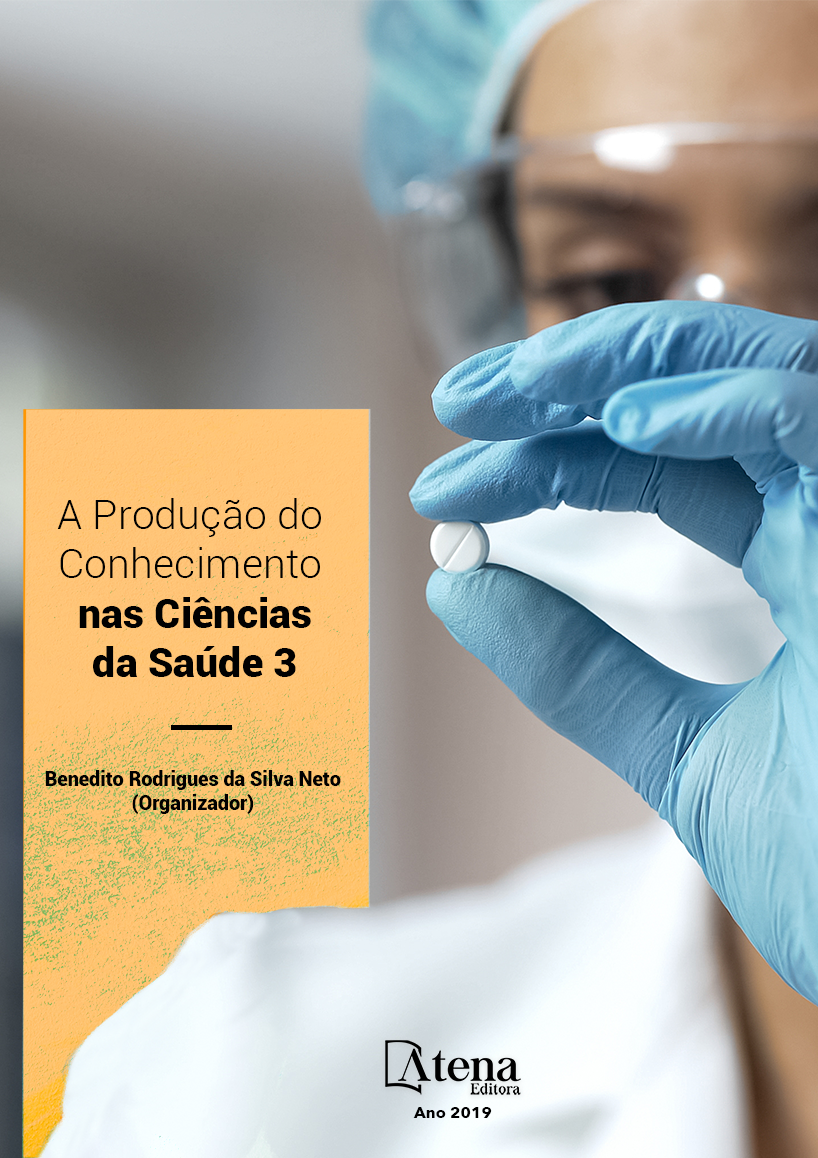
SÍNTESE DE FILMES DE PHB (POLIHIDROXIBUTIRATO) PARA APLICAÇÃO EM TRATAMENTO DE QUEIMADOS
Os biomateriais são planejados
para interagir com o meio biológico, dentre
eles evidencia-se o uso de polímeros de
origem natural na medicina regenerativa. Os
biomateriais apresentam propriedades que
variam de acordo com a sua aplicabilidade,
mas de maneira geral devem apresentar
características de biocompatibilidade e
biodegradação para garantir sua eficiência. Em
meio aos biopolímeros que são amplamente
pesquisadas para as aplicações biomédicas, o
PHB tem recebido destaque em estudos para
atuar como um SLF. Dessa forma este trabalho
tem como objetivo a obtenção e caracterização
de membranas poliméricas de PHB com a
sulfadiazina de prata (SAg) incorporada para
avaliar sua atuação como um SLF. Para a
síntese do filme de PHB utilizou-se o método de
inversão de fases pela técnica de evaporação
por solvente. Posteriormente à obtenção dos
filmes de PHB puro seguiu-se a etapa de
incorporação do fármaco, a SAg. Os filmes com
e sem fármaco foram caracterizados por DRX
e FTIR. Por meio dos difratogramas verificouse
que houve o aumento da região amorfa
para a membrana PHB/SAg, característica
que favorece a biodegradação in vivo. A partir
do FTIR verificou-se que as ligações de CH3,
CH2, C-O e C=O foram mantidas nas duas
membranas. Sendo assim, o PHB associado
a SAg apresentaram boa afinidade, à vista
disso pode-se inferir que membrana de PHB/
SAg possui potencial para a ser utilizada
como dispositivo de SLF para o tratamento de
queimados.
SÍNTESE DE FILMES DE PHB (POLIHIDROXIBUTIRATO) PARA APLICAÇÃO EM TRATAMENTO DE QUEIMADOS
-
DOI: 10.22533/at.ed.00219030432
-
Palavras-chave: Biomaterial, Poli(hidroxibutirato), Sistema de Liberação de Fármacos, Sulfadiazina de prata.
-
Keywords: Biomaterial, Poly(hydroxybutyrate), Drug Release System, Silver Sulfadiazine.
-
Abstract:
The biomaterials are planned
to interact with biological environment, among them it is evident the use of natural
source polymers in the regenerative medicine. The biomaterial have properties that
vary according to its applicability, but in a general way it must have biocompatibility
and biodegradation characteristics to ensure its efficiency. In the midst of biopolymers
that are widely researched to the biomedical applications, the PHB has received
prominence in studies to act as an SLF. Thus, this work has the objective of obtaining
and characterizing PHB polymer membranes with silver sulfadiazine (SAg) incorporated
to evaluate its performance as an SLF. For the synthesis of the PHB film the phase
inversion method was used by solvent evaporation technique. Posteriorly to obtaining
the pure PHB films followed the step of incorporation of the drug, the SAg. The films with
and without drug were characterized by XRD and FTIR. By means of the diffractograms
it was verified that there was an increase of the amorphous region for the PHB/SAg
membrane, a characteristic that favors the biodegradation in vivo. From the FTIR it was
found that the CH3, CH2, C-O and C=O bonds were maintained in the two membranes.
Thus, the PHB associated with SAg had good affinity, in view of this it can be inferred
that PHB/SAg membrane has potential to be used as an SLF device for the treatment
of burns.
-
Número de páginas: 15
- Amanda Melissa Damião Leite
- Kaline Melo de Souto Viana
- Thaís Salamoni Bastos
- Tayná Martins Ramos
- Thalles Rafael Silva Rêgo


